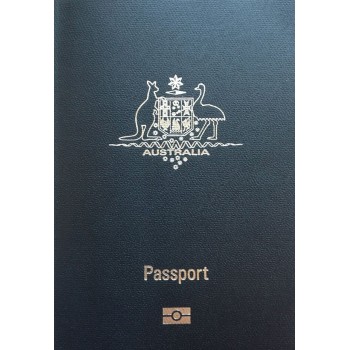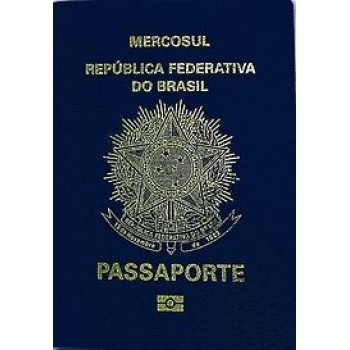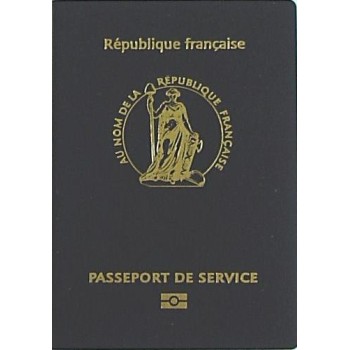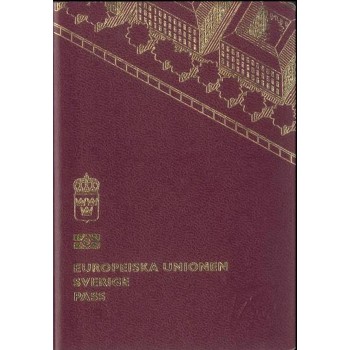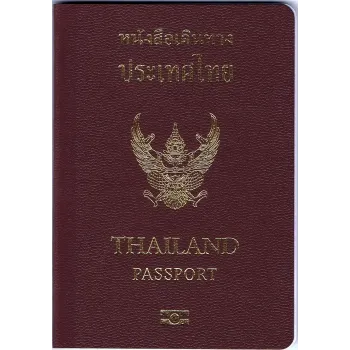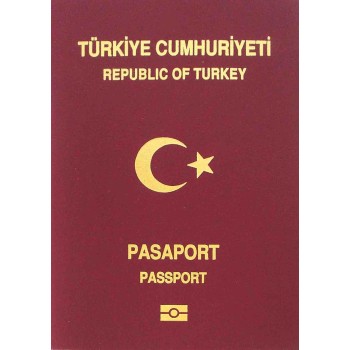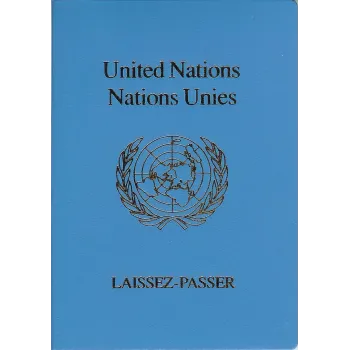The desire for a new beginning—a clean slate, an alternate identity—has integrated itself into human civilization since its beginning. Historically, such an ambition has been accompanied by legal and moral questions; but now, the search for anonymity or rebirth ever more leads participants to the internet, raising questions about access to documents of identity and their ability to be altered. In an effort to chart the new terrain of what are often called "fakes IDs," therefore, this article seeks to investigate what drives individuals to seek out these documents, how they go about getting them—means which are incrementally meeting tightening restrictions—and legal fallout that follows, all while recognizing moral complications intrinsic to such undertakings. "Best fake IDs," "scannable fake IDs," "how to buy fake ID," and similar terminology are not to be interpreted as encouragement of illegal activity, but as subjects of discussion within a general discourse about identity, security, and technological advancement.
The advent of internet forums and marketplaces had previously promised a new era of relatively effortless access to what had been touted as "legitimate ID sites" or sellers of "quality novelty IDs." The websites gave their users assurances of access to “counterfeit driver’s licenses," "counterfeit identification cards," and even “counterfeit passports." The temptation had been difficult to resist: the promise of a forged identity, apparently a ticket out from previous situations or entry into one that would be out of reach otherwise. However, the reality is far more nuanced than such simplistic promises would suggest. Though technology has certainly evolved to produce quite believable replicas—if not altogether indistinguishable from the real thing—affecting some to seek out "counterfeit ID maker" services, so have enforcement and detection measures improved.
Prior methods had heavily depended upon low-tech fixes, such as photocopying documents or using inferior printing processes. The 2010 evidence (Citation 3) gives account through personal testimony of how effortlessly administrative processes could be bypassed; excessive photocopying of birth certificates and approvals from an overwhelmed manager exposed loopholes within passport application. And there were those who doubted the ease of obtaining forged papers even then: "I can only hope it is not so easy now" (Citation 1). The follow-up statement, which noted, "That loophole's been closed now – if you’re over 18 and applying for your first ever passport, you have to go in for an interview" (Citation 2), shows how ever-changing are security processes.
Contemporary systems combine holography, microprinting, ultraviolet identifiers, and embedded chips with such precision that are carefully designed to prevent even a casual counterfeiting effort from succeeding. The concept of an easily "scannable counterfeit ID" has been reduced to mere illusion; while amateur counterfeiting can be identified by trained eyes or even automated authentication machines, trained professionals or automatic authentication platforms continue to be remarkably effective for detection. They are complemented by mobile application-based scans adopted by businesses who often utilize sophisticated technologies of image recognition to reveal inconsistencies and abnormalities. Above and beyond the technical challenges, there are deep legal implications associated with fraudulent identity acquisition and retention. Offenses range from simple theft to the more extreme identity theft, which holds significant fines and potential imprisonment. The motivations for engaging in a "shop for fake IDs" or "purchasing fake ID" vary from underage attempts to buy beer to eluding age limitations for internet services, and even in desperate attempts to create an entirely new life. This is demonstrated through Citation 2’s investigation into identity fabrication and mail forwarding, intended to create a fictionalized history. The latter strategy involves methods such as obtaining a mailing address associated with the adopted name—as "Robert Connor," for example, discussed by Citation 2—in order to receive commercial mail that gives credibility to the fabricated identity.
The ethical issues involved are certainly multifaceted. On one hand are those who would argue that people who seek anonymity should be protected if, for example, they are fleeing abusive relationships or political oppression; and, then, by contrast, the possibility of abuse—be it fraud, theft, or damage to others—should not be ignored. After all, assuming an assumed identity does violate institutions and constitutes an existential danger to the general public. The mention of Dubai in Citation 1, referred to herein using the descriptors "Tagged with dubai, passport, Politics," highlights the geopolitical stakes of forged passports and conjures their possible connections to criminal enterprise far beyond age validation.
It is important to appreciate that dialogue about the "best fake ID site" is informed by an evolving interplay of technological innovation and a persistent human desire. The desire for privacy, or a need to recreate oneself, is a powerful driver, compelling users to seek out and implement ever-more sophisticated methods of evading checks. At the same time, it is important to appreciate that these activities are countered by an equally persistent effort from law enforcement authorities and document authentication experts. The cat-and-mouse battle between those who are determined to create forged IDs and those who are working to identify them defines much of the continually changing landscape of identity management.
Additionally, talks about "legit ID sites" ignore the very real dangers associated with getting involved in illicit activities on the internet. A plethora of would-be merchants are scams, carefully designed to deceive their unsuspecting victims and take their money without ever delivering anything of value. Even if you are successful and get hold of what looks like a working counterfeit ID, using it has very real legal and ethical repercussions. The very idea of an authentically “legit” market for forged identifications is self-contradictory; the very nature of such transactions is to violate current laws and regulations. Finally, the lure of a new identity is too enticing to resist, but obtaining it through fraudulent means is fraught with danger and ethical questions. The very progress of technology that has made "false passports" and "false driver's licenses" tantalizingly accessible has been matched by increasingly sophisticated methods of detection. The legal consequences are potentially dire, and the ethical implications should be carefully examined.


